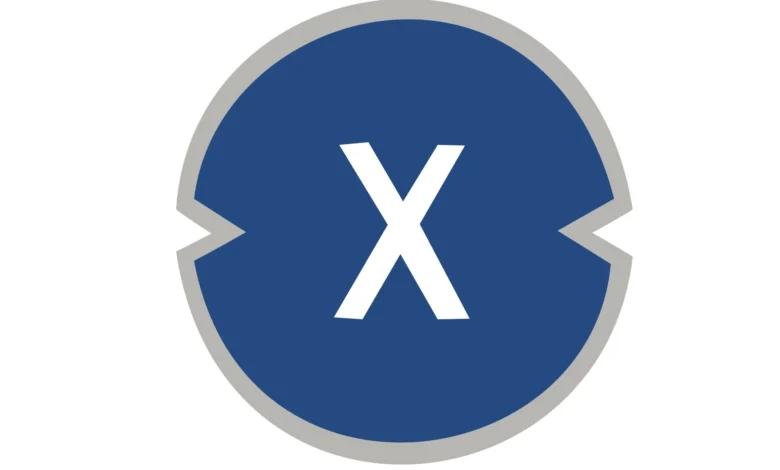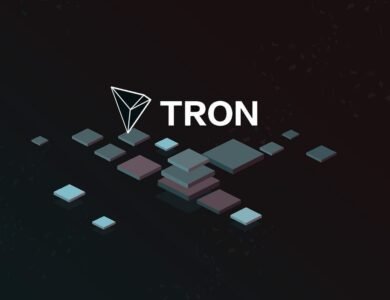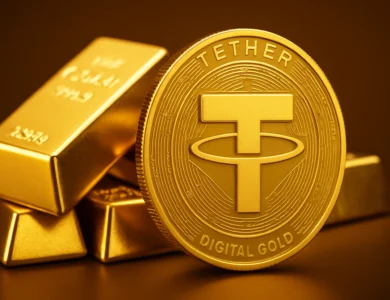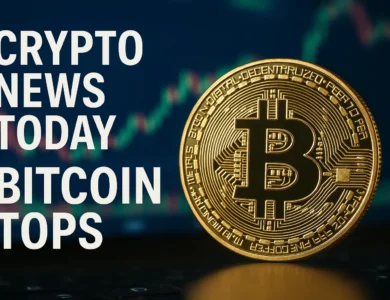
In the world of blockchain technology, the need for faster, more scalable, and interoperable solutions is growing rapidly. Traditional blockchains like Bitcoin and Ethereum have made significant impacts, but they often struggle with issues related to speed, high transaction costs, and scalability. This is where XDC Network comes in. It promises to offer a unique solution that bridges these gaps while maintaining high levels of security and decentralization.
XDC Network has been gaining momentum in recent years, thanks to its focus on interoperability and enterprise-grade blockchain solutions. Whether you’re a developer, investor, or blockchain enthusiast, understanding how XDC Network is changing the landscape of decentralized finance (DeFi), cross-border payments, and smart contract execution is crucial. This article will explore what XDC Network is, how it works, and why it is emerging as one of the top players in the blockchain space.
What is XDC Network?
XDC Network is an open-source, decentralized blockchain platform designed for enterprise adoption. The network is built to provide high transaction throughput with low costs, making it a perfect solution for businesses and developers seeking efficient and scalable blockchain technology. Unlike traditional blockchains, XDC is focused on improving interoperability between different blockchain platforms, which is one of its main selling points.
XDC Network is powered by the XDC token, which serves as the native cryptocurrency used for transaction fees, staking, and network governance. The platform’s unique combination of proof-of-stake (PoS) and Byzantine Fault Tolerance (BFT) consensus mechanisms allows it to deliver faster transaction finality and security compared to other blockchain solutions.
Key Features of XDC Network
One of the standout features of XDC Network is its interoperability. The network allows businesses to seamlessly communicate and interact with other blockchains, such as Ethereum and Bitcoin, without compromising on security or decentralization. This level of connectivity is vital in a world where cross-chain communication is becoming increasingly important.
Another feature is the scalability of the XDC Network. Using advanced technology, the platform is capable of handling thousands of transactions per second (TPS), something that has long been a challenge for other blockchains. With low transaction fees and high throughput, businesses can use XDC for real-world applications that require reliability and efficiency.
XDC Network’s Consensus Mechanism: PoS and BFT
The XDC Network combines two advanced consensus algorithms: Proof of Stake (PoS) and Byzantine Fault Tolerance (BFT). These mechanisms work together to ensure the network is both secure and fast. Let’s break down both:
Proof of Stake (PoS)
PoS is a consensus algorithm where validators are chosen to create new blocks based on the number of tokens they hold and are willing to “stake” or lock up as collateral. This system encourages long-term commitment to the network and helps reduce energy consumption compared to Proof of Work (PoW), which is used by Bitcoin.
Byzantine Fault Tolerance (BFT)
BFT ensures that the network can reach consensus even if some participants in the network behave maliciously or fail. The combination of PoS and BFT makes the XDC Network both fast and secure, as it can reach finality in just a few seconds.
This dual consensus system allows XDC to process a large number of transactions efficiently while ensuring that the network remains resistant to attacks and failures.
XDC Network and Interoperability
One of the most impressive aspects of XDC Network is its emphasis on interoperability. Traditional blockchain networks often operate in isolation, which limits their potential for integration with other platforms and systems. XDC Network, on the other hand, is designed to be highly interoperable with other blockchains, including Ethereum, Bitcoin, and other decentralized networks.
This cross-chain interoperability is facilitated by the XDC’s XDPoS (Delegated Proof of Stake) system. XDPoS allows for the creation of sidechains that can communicate with the main chain, allowing assets and data to flow seamlessly between different platforms. This level of flexibility is essential for businesses that want to leverage blockchain technology but need to operate in a multi-chain ecosystem.
Real-World Applications of XDC Network’s Interoperability
The ability to interact with multiple blockchain platforms opens up a wide range of potential use cases for XDC Network. For example, businesses can use XDC to facilitate cross-border payments that require different currencies or interact with different blockchains to execute smart contracts. Similarly, enterprises in industries like supply chain management, trade finance, and healthcare can leverage the XDC Network to enhance transparency, traceability, and efficiency.
XDC Network and Decentralized Finance (DeFi)
As decentralized finance (DeFi) continues to grow, XDC Network is positioning itself as a leader in the DeFi space. The network’s high throughput, low fees, and interoperability make it an attractive option for DeFi applications, which require fast and cost-effective transactions.
XDC Network’s ability to handle complex smart contracts also plays a crucial role in DeFi. Smart contracts are self-executing contracts with the terms of the agreement directly written into code. They are a fundamental part of most DeFi applications, and the XDC Network’s smart contract platform offers enhanced performance compared to other blockchains.
The XDC DeFi ecosystem is growing steadily, with numerous projects and platforms already being developed on the network. These projects include decentralized exchanges (DEXs), lending platforms, and synthetic assets, among others. With XDC’s scalable blockchain infrastructure, DeFi projects can operate at scale, with minimal transaction costs and fast settlement times.
The XDC Token and Its Use Cases
The XDC token is the native cryptocurrency of the XDC Network. It plays a crucial role in the functioning of the network and has several use cases:
-
Transaction Fees: Every transaction on the XDC Network requires a small amount of XDC tokens to pay for transaction fees. These fees are low compared to many other blockchain platforms, making XDC an affordable option for users and businesses.
-
Staking: XDC tokens can be staked to participate in the network’s consensus process. By staking tokens, validators help secure the network and earn rewards in return.
-
Governance: Token holders can participate in the governance of the network by voting on proposals and changes to the protocol.
-
Smart Contracts: XDC tokens can be used as part of smart contracts, enabling automated and decentralized processes.
XDC Network’s Role in Cross-Border Payments
One of the primary goals of the XDC Network is to revolutionize cross-border payments. Traditional cross-border payment systems are often slow, costly, and prone to errors. XDC Network’s blockchain offers a faster and cheaper alternative, making it an ideal solution for businesses that need to send money across borders.
By utilizing XDC’s high throughput and low transaction fees, businesses can save time and money, while also benefiting from the security and transparency that blockchain technology provides. This is particularly valuable for industries like finance, remittances, and trade, where cross-border payments are a common necessity.
Future of XDC Network
Looking ahead, XDC Network is poised for growth. As more enterprises begin to adopt blockchain technology, the demand for scalable, interoperable, and low-cost solutions will continue to rise. XDC is well-positioned to meet these needs, with its enterprise-grade features and strong focus on interoperability.
In the coming years, XDC’s ecosystem will likely continue to expand, attracting more developers and projects to build on its platform. With its focus on DeFi, supply chain management, and cross-border payments, the network is well on its way to becoming a major player in the blockchain space.
Conclusion
In conclusion, XDC Network stands out as a blockchain platform that offers a unique combination of speed, scalability, interoperability, and low transaction costs. Whether you’re interested in decentralized finance, cross-border payments, or enterprise blockchain solutions, XDC provides the infrastructure needed to drive innovation and efficiency. By leveraging its advanced consensus mechanisms and robust ecosystem, XDC Network is reshaping how industries approach blockchain technology, making it a key player in the future of decentralized applications.
Read More: Ethereum Revolution 5 Shocking Truths Revealed







